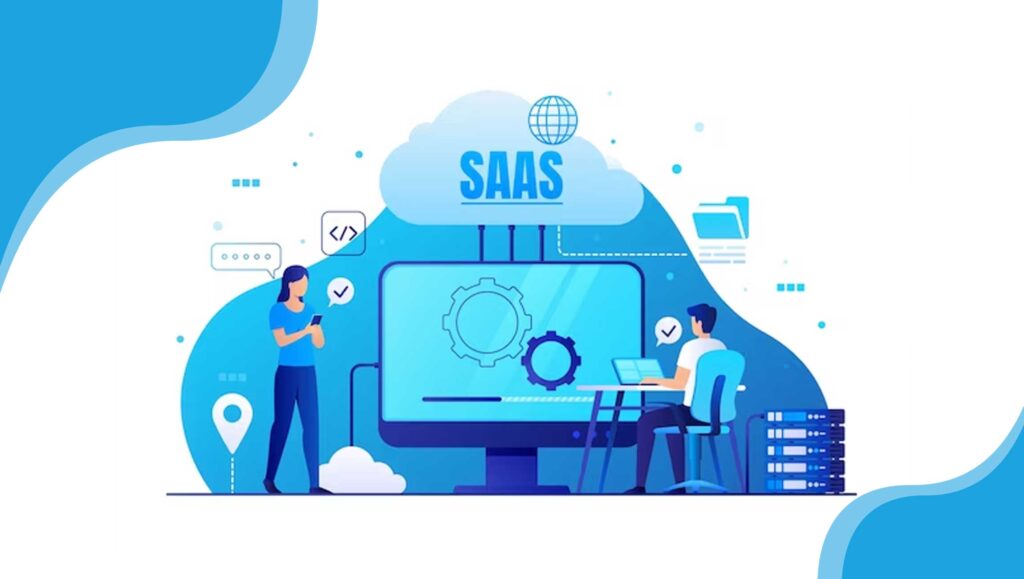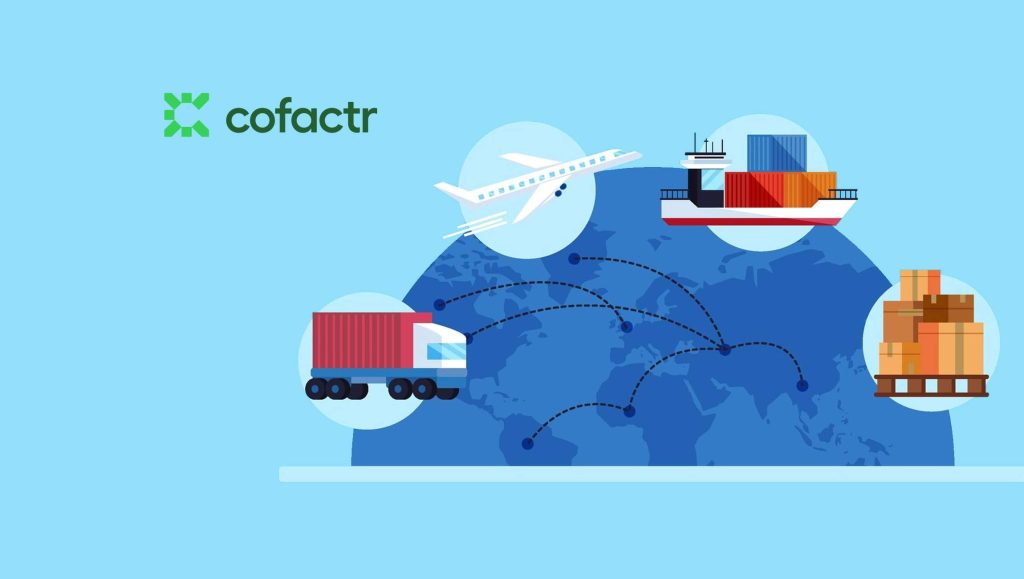
-
Average SaaS spend per employee in 2023 will be almost $10K, while 53% of SaaS licenses go unused
-
According to new Productiv data, companies now spend more on SaaS per employee than single healthcare coverage annually1
-
Employee use of ChatGPT skyrocketed, as the AI chatbot featured in the top 20 used tools for all the company departments tracked — and ranked as the 11th most frequently used shadow app
Productiv, the leader in SaaS management, today unveiled its 2023 State of SaaS Series which indicates enterprise leaders in procurement, IT and finance need to take immediate action to rationalize their SaaS portfolios before spending and governance challenges spiral out of control. Productiv analyzed how nearly 100 million SaaS licenses were used over the last three years – including more than 100 billion app usage data points – to produce the first of a three-part series released over the summer that provides an in-depth look at pivotal SaaS stats and insights on SaaS growth, spend, consolidation and usage.
“Our data demonstrate the path to immediate action for CFOs is to better identify and consolidate SaaS apps, given the cost reduction pressures currently facing every company,” said Jody Shapiro, CEO and co-founder of Productiv. “Buying and renewing software never stops, but the best procurement practices require collaborative decisions using data across IT, procurement, finance and functional leadership on what software to purchase, renew, downsize and consolidate.”
Key findings from Part One of Productiv’s State of SaaS Series for 2023:
SaaS Growth Continues Apace, Even As Companies Improve SaaS Spend Management
During a time when companies have been looking closely at cost control, Productiv found that SaaS portfolios still continued to grow 32% between 2021 and 2023 to reach an all-time high: organizations now use 371 SaaS apps on average. Data suggest that businesses have tried to establish better procurement and governance practices around SaaS, as shadow IT dropped by 8% from 2022. But employees and lines of business continue to purchase their own software outside of IT control at high rates — 51% of SaaS apps in organizations still remain shadow IT — indicating that there is much room for improvement.
SaaS Spend Still High Amidst Tighter Controls
According to Productiv’s data, one-year contracts increased annually as a proportion of all contracts from 79% in 2020 to 85% in 2022, suggesting companies are avoiding being locked into an app and its associated cost if their needs change. However $9.6K per employee will be spent on SaaS apps in 2023 by the average organization, with small businesses paying 49% more per employee than large enterprises, while only 47% of SaaS licenses are used over a 90-day period on average.
SaaS Usage Trends: ChatGPT Takes off, App Consolidation Efforts Fall Short
Productiv found popularity of ChatGPT has skyrocketed with key use cases including writing emails and marketing content, summarizing meeting notes, researching issues, writing code and finding coding bugs. The departments using ChatGPT the most include Marketing (10th), Engineering (9th) and Product (10th). Productiv found an 11% reduction in the number of SaaS apps across key categories in 2023, such as project management and recruitment tools, indicating that businesses are focusing on app consolidation. However, the average number of apps per category is still higher than it was in 2021.
“Given our report reveals widespread shadow use of ChatGPT, it’s time for companies to figure out how to foster innovation using ChatGPT without security risks,” said Aashish Chandarana, CIO of Productiv. “To avoid shadow IT, organizations need to develop appropriate SaaS governance policies that help teams take their free and purchased apps out of the shadows and ensure the right level of corporate policies for procurement, security and compliance.”















